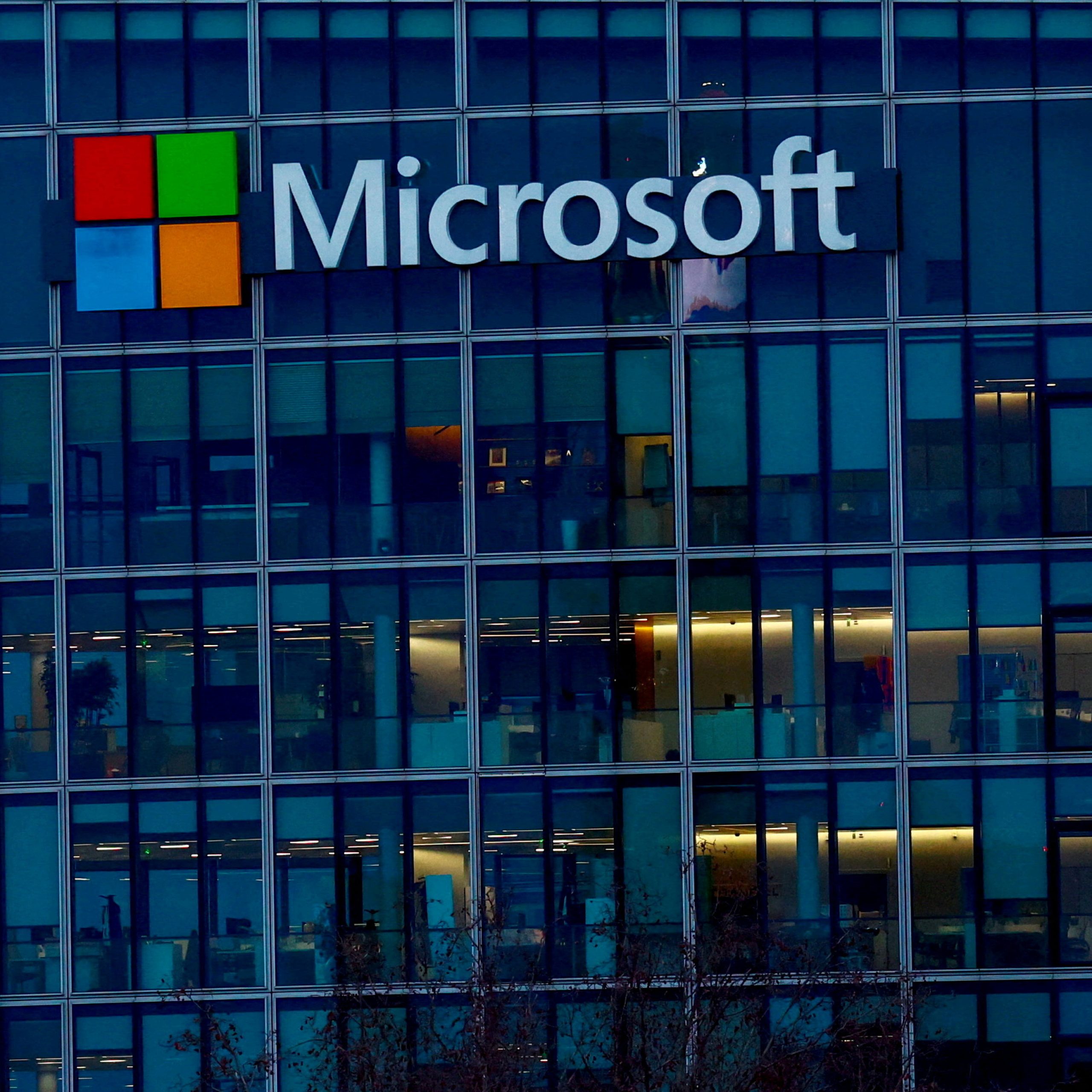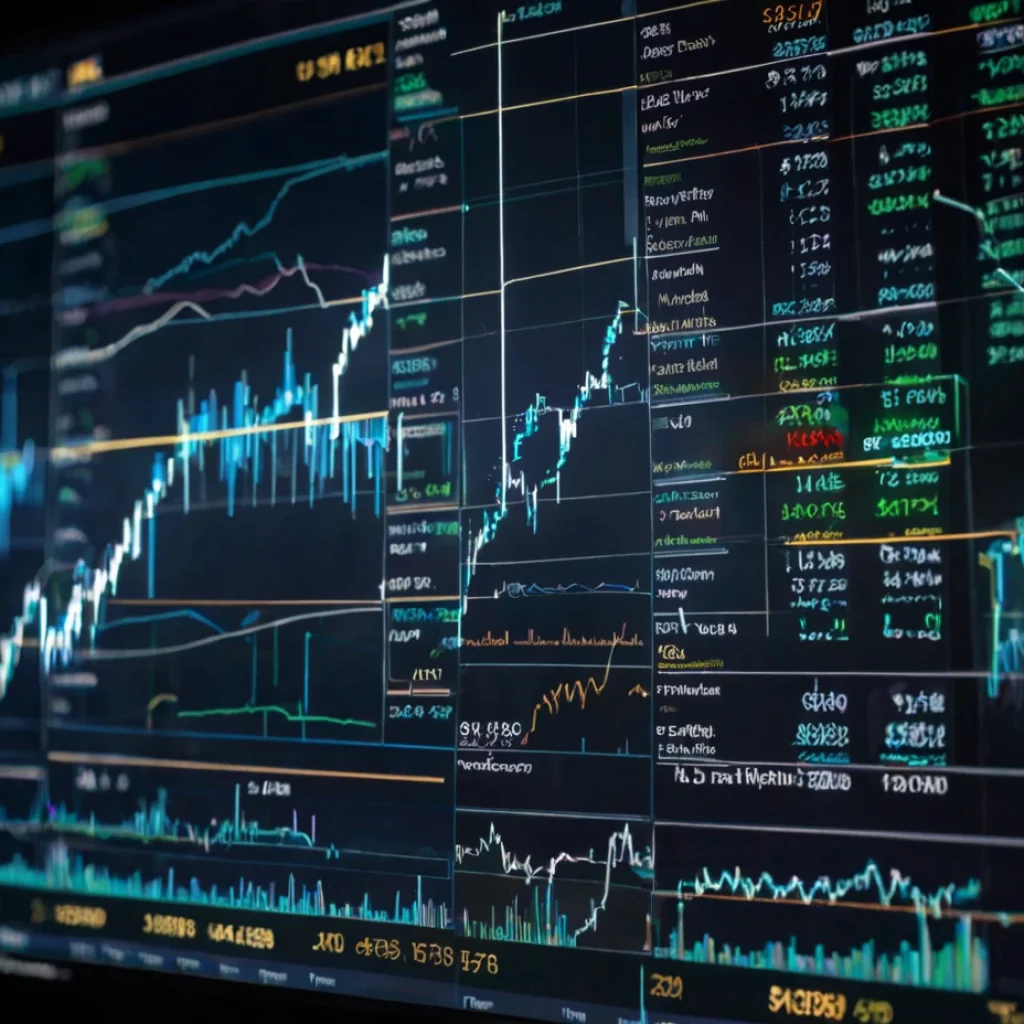Microsoft Corp has asked hundreds of its China-based employees to think about moving in the face of the growing technological tensions between the U.S. and China. The company has recently offered the relocation of about 700-800 staff members, mostly engineers from China. According to The Wall Street Journal on Thursday, these people are being provided the opportunity to move to different countries such as the U. S., Ireland, Australia, and New Zealand, quoting some unnamed sources of information.
Relocation offers extended
The Biden administration is tightening the control on different sectors of Chinese imports like electric vehicle (EV) batteries, computer chips and medical products as a part of its policy towards China. A Microsoft representative stated to the Journal that internal opportunities are part of its global business and confirmed that it had shared an optional internal transfer opportunity with a certain group of employees.
The move by Microsoft comes in the wake of the Biden administration’s efforts to curb China’s access to cutting-edge technology. On Tuesday, President Biden announced a huge rise in the tariffs on various Chinese goods intended to protect the American economy and prevent unemployment. These measures were also meant to counteract China’s highly subsidized production, which was said to be “flooding the market” and destroying the U. S. manufacturers.
Impact on U.S.-China trade relations
Microsoft has relocated China-based AI employees, which has been accompanied by a number of other events. Chinese scientists have just succeeded in mass production of optical chips at a low cost, which may be how to soften the blow of U.S. sanctions. This innovation is based on the use of photonic integrated circuits, which are devices that use light particles to process and transmit data thus increasing speed and at the same time reducing energy consumption.
China has criticized the Biden administration for raising tariffs on a large number of Chinese goods and promised to retaliate. The Chinese government has termed the additional tariffs “political manipulation,” stating that this choice was made during the U.S. elections.
Chinese Embassy spokesman Liu Pengyu rejected the allegations of Chinese overcapacity as a “false story” aimed at undermining China’s economy. He lauded the manufacturing sector in China for its competitiveness, innovation, and efficiency.
While the U.S. is trying to safeguard its economic interests, companies like Microsoft are forced to redesign their operational strategies because of the changing regulations. Last month, the U.S. Commerce Department announced that they plan to introduce a new regulation to control the export of proprietary or closed-source AI models whose software and data it is based on are kept under wraps.





